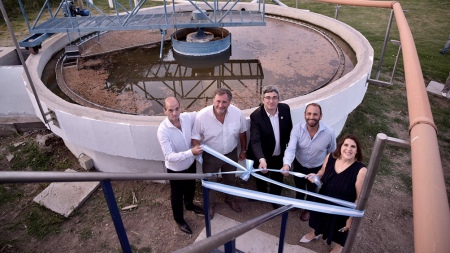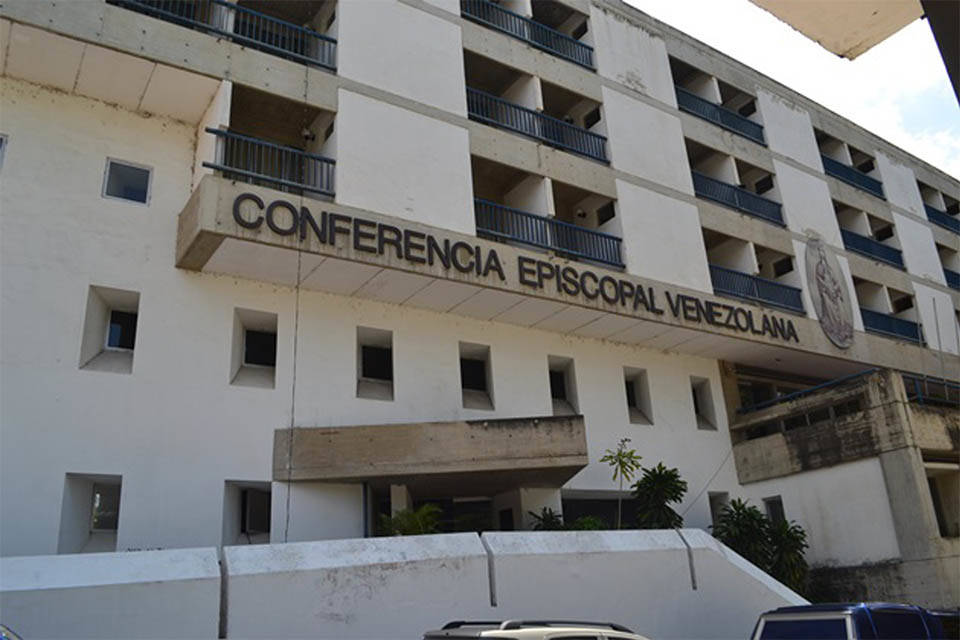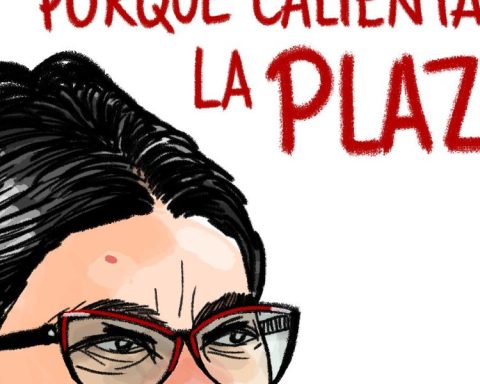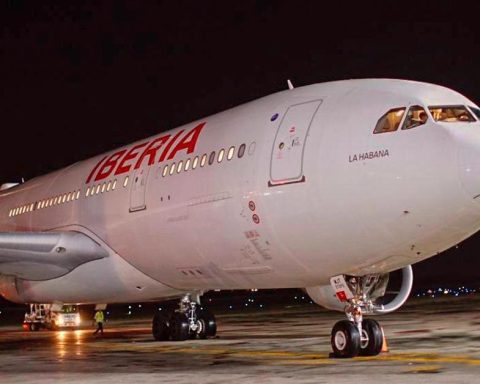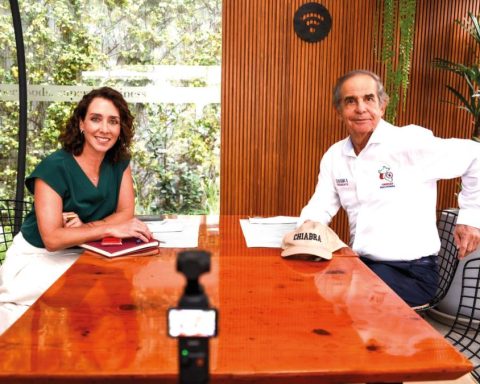The national director of Dairy, Arturo Videla, emphasized this Saturday that the “Impulso Tambero” program, which will give monetary assistance to producers in the sector, is a measure “that was consulted with the provincial governments, entities, and those referring to production,” time that evaluated future initiatives such as, for example, a modification in the withholdings of powdered milk or specific financing.
In dialogue this morning with Radio Colonia, the official explained that the measure is taken in a context of droughtto which are added “two measures that have to do with macroeconomics such as the ‘soybean dollar 1 and 2’ that impact the structure of food and rental costs.”

Videla explained that “Many of the lands where dairy farming takes place is land rented by producers who pay in quintals of soybeans.”
“Historically, the liter of milk – soybean ratio has to be 1 to 1, so that the producer is in a position to be able to compete,” he added.
“This year (by 2022) we had an export record of US$ 1.7 billion and more than 370,000 tons”Arturo Videla-National Director of Dairy
He referred, in this context, to the increase in domestic soybean prices, which led to increases in cow feed, such as soybean feed and pellets, in addition to the increase in rental prices.
After that, he stated that Faced with this situation of “loss of profitability and concern”, this measure is taken, which -he stressed- “was consulted with the provincial governments, entities and production referents”.
However, Videla pointed out that beyond this scenario of drought and rising costs that had a particular impact in recent months, “dairy has been growing in the last two and a half years, in production and exports.”
The initiative grants a fixed sum in pesos per liter of milk for four months, according to two strata: those who have marketed up to 1,500 liters per day will receive $15 per liter; those who have sold between 1,501 and 5,000 liters per day will receive $10 per liter, with a maximum compensation amount of $600,000
“This year (by 2022) we had an export record of US$ 1.7 billion and more than 370,000 tons,” he stressed.
The “Impulso Tambero” program announced this Friday by the Minister of Economy, Sergio Masa, foresees an investment of $9.160 million.
The initiative grants a fixed sum in pesos per liter of milk for four months, according to two strata: those who have marketed up to 1,500 liters per day will receive $15 per liter; Those who have sold between 1,501 and 5,000 liters per day will receive $10 per liter, with a maximum compensation amount of $600,000.
The “Impulso Tambero” program announced this Friday by the Minister of Economy, Sergio Masa, foresees an investment of $9,160 million
The limit of 5,000 liters will allow the program to reach eight out of 10 dairy farmers in the country.
“It is focused and destined to respond to 79% of the producers of the 10,300 dairy farms that the Argentine dairy has,” Videla explained.

Regarding the cap, he pointed out that “it is understood that, due to the scale, the level of production and because they have a different back, the producers that are in a volume greater than 5,000 liters have other capacities to overcome this type of situation, in addition to generally be in a price band differentiated from this segment of small and medium producers”.
Meanwhile, on the modality of execution of the program, he specified that the monetary sum will be deposited “to the CBU of the producers.”
“Many dairy farms were inaugurated, some with a lot of technology and robotics and others with pastoral or family farming systems, with different producer association projects”Arturo Videla-National Director of Dairy
The director of the entity dependent on the Ministry of Agriculture denied that they have closed 400 dairy farms, as the Liaison Table stated this week.
“It is not what we see in our numbers, Senasa or when we go to the territory. This year many dairy farms were inaugurated, some with a lot of technology and robotics and others with pastoral or family farming systems, with different producer association projects,” Videla asserted. In any case, he stressed that the sector needs more tax and financing policies.
“We understand that there has to be a review of export duties regarding the differential between powdered milk and cheese, and in this context where there is a significant drop in commodities,” Videla said.
Currently, powdered milk is taxed at 9% withholdings, while cheeses, fluid milk, whey and butter are 4.5%.
Likewise, he affirmed that “with a more stabilized macroeconomy”, it would be possible to count on “according financing rates” that are specific to the sector.
